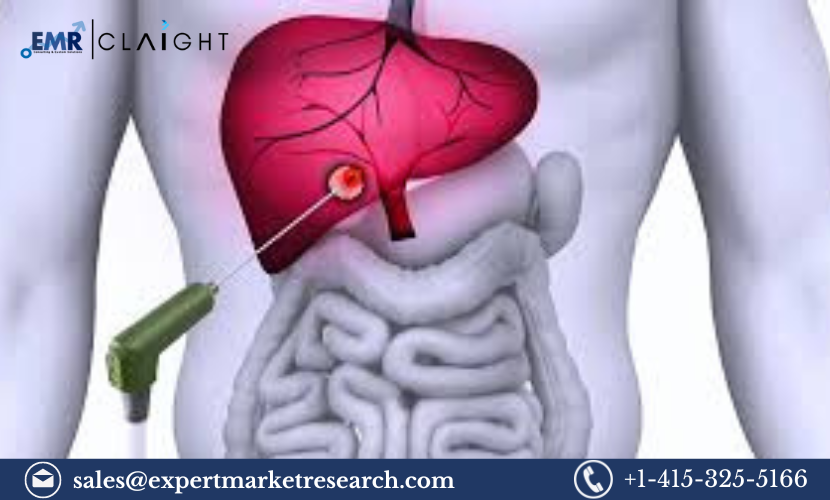Women’s health is a dynamic and multifaceted journey that requires special attention to unique nutritional needs. From early adulthood to the golden years, women experience various life stages that influence their bodies, requiring different approaches to health and wellness. This is where women’s health supplements come into play, offering targeted nutrition to support everything from hormonal balance and bone health to skin vitality and immune support.
In this blog, we’ll dive into key women’s health supplements that are crucial for promoting overall well-being, vitality, and longevity. Whether you’re in your 20s or 50s, there’s a supplement designed to help you feel your best.
The Importance of Women’s Health Supplements
Women often face nutritional challenges due to factors such as menstruation, pregnancy, menopause, and aging. A diet alone may not always provide the optimal levels of essential vitamins and minerals needed for these stages. Women’s health supplements can fill the gaps, supporting overall health and addressing specific concerns like hormonal fluctuations, bone density loss, skin aging, and immune function.
Here’s a breakdown of some of the most important women’s health supplements and how they benefit the body:
1. Calcium and Vitamin D: Supporting Bone Health
Bone health is a major concern for women, especially as they age. Osteoporosis, a condition characterized by weak and brittle bones, is more common in women, particularly after menopause due to the decline in estrogen levels. Adequate calcium intake is crucial for maintaining bone strength, and Vitamin D plays a key role in calcium absorption.
- Calcium: Women aged 19-50 should aim for 1,000 mg of calcium daily, while women over 50 should increase their intake to 1,200 mg. Calcium supplements come in various forms, including calcium carbonate and calcium citrate, and they’re especially important if you don’t get enough calcium through dairy or other food sources.
- Vitamin D: This vitamin is vital for helping the body absorb calcium. Without enough Vitamin D, bones can become thin and brittle. Sunlight is a natural source of Vitamin D, but supplementation (400–800 IU daily) is recommended, especially for women who live in less sunny climates or spend limited time outdoors.
2. Folic Acid: Essential for Women of Childbearing Age
Folic acid (also known as Vitamin B9) is a critical women’s health supplement for those who are pregnant or trying to conceive. This nutrient helps in the formation of the neural tube during early pregnancy, reducing the risk of birth defects such as spina bifida.
- Women of childbearing age should take at least 400 mcg of folic acid daily, whether through a multivitamin or a separate supplement. Even if you’re not planning to get pregnant soon, having enough folic acid in your system is beneficial for overall cellular function and tissue growth.
3. Iron: Preventing Deficiency and Boosting Energy Levels
Iron is another important mineral that many women, especially premenopausal women, often need more of due to menstruation. Iron deficiency can lead to anemia, a condition where the body doesn’t have enough red blood cells to carry oxygen, leading to fatigue, weakness, and pale skin.
- Iron supplements can be beneficial for women who experience heavy periods, are pregnant, or simply have low iron levels. The recommended daily intake of iron for women is 18 mg, though pregnant women may require higher doses, which should be discussed with a healthcare provider.
4. Omega-3 Fatty Acids: Supporting Heart and Brain Health
Omega-3 fatty acids are essential for maintaining a healthy heart, reducing inflammation, and supporting brain function. Women who don’t consume enough omega-3s through their diet (like fatty fish) may benefit from omega-3 supplements, particularly EPA (eicosapentaenoic acid) and DHA (docosahexaenoic acid).
- Studies show that omega-3s can help lower blood pressure, reduce the risk of heart disease, and improve cognitive function. Omega-3s are also known to reduce symptoms of PMS and support a healthy pregnancy. Women should aim for 250–500 mg of combined EPA and DHA per day.
5. Magnesium: Reducing Stress and Improving Sleep
Magnesium is involved in hundreds of biochemical reactions in the body, making it one of the most important women’s health supplements. It’s particularly beneficial for women dealing with stress, anxiety, or sleep disturbances. Magnesium helps relax muscles, supports nerve function, and is essential for energy production.
- Many women are deficient in magnesium, which can lead to muscle cramps, poor sleep, and even hormonal imbalances. Women should aim for about 310–320 mg of magnesium daily, and magnesium supplements come in various forms, such as magnesium citrate or magnesium glycinate, which are easy on the digestive system.
6. Probiotics: Supporting Gut and Vaginal Health
Probiotics are beneficial bacteria that support a healthy digestive system and immune function. They are also particularly helpful for women’s vaginal health, as they can help maintain the balance of healthy bacteria in the vaginal area, reducing the risk of infections like bacterial vaginosis and yeast infections.
- Probiotic supplements containing strains such as Lactobacillus and Bifidobacterium can promote gut health, reduce bloating, and support vaginal flora balance. They are especially useful for women who are taking antibiotics or who experience frequent digestive discomfort.
7. Collagen: Promoting Skin, Hair, and Joint Health
Collagen is a protein that helps maintain the structure of the skin, hair, nails, and joints. As women age, collagen production declines, leading to wrinkles, sagging skin, and joint discomfort. Collagen supplements have become increasingly popular for promoting youthful skin, strengthening hair and nails, and supporting joint flexibility.
- Collagen supplements, often derived from animal sources, provide amino acids that the body can use to maintain skin elasticity and hydration, as well as joint and bone strength. Women can benefit from taking 2.5–15 grams of collagen peptides per day, depending on their specific health goals.
8. Vitamin B12: Boosting Energy and Nerve Health
Vitamin B12 is essential for energy production, red blood cell formation, and nervous system function. Women, particularly those who follow vegetarian or vegan diets, may have a higher risk of Vitamin B12 deficiency since this nutrient is primarily found in animal products.
- Deficiency in Vitamin B12 can lead to fatigue, nerve damage, and cognitive issues. Women over 50 and those following plant-based diets should consider B12 supplements to meet the recommended daily intake of 2.4 mcg.
9. CoQ10: Supporting Heart Health and Energy Production
Coenzyme Q10 (CoQ10) is a powerful antioxidant that helps the body produce energy and supports heart health. While the body produces CoQ10 naturally, levels decline with age, and supplementation can help boost cellular energy and reduce oxidative stress.
- CoQ10 supplements are particularly beneficial for women with cardiovascular concerns or those taking statins, as these medications can reduce CoQ10 levels. Women can take 100–200 mg of CoQ10 per day for optimal benefits.
10. Multivitamins: Covering the Nutritional Gaps
For women who want an all-in-one solution, multivitamins tailored to women’s health are a convenient way to ensure they are getting adequate amounts of essential vitamins and minerals. Multivitamins designed for women often contain a combination of the key nutrients discussed above, such as calcium, folic acid, iron, magnesium, and Vitamin D, among others.
Final Thoughts
Women’s health supplements play a vital role in supporting women’s wellness at every stage of life. From boosting energy and managing stress to supporting bone health and hormonal balance, these supplements provide essential nutrients that may be lacking in daily diets. Before starting any new supplement regimen, it’s always a good idea to consult with a healthcare professional to determine the best approach based on your individual needs.
Investing in high-quality women’s health supplements is an investment in your overall well-being, empowering you to lead a healthy, vibrant life. Whether you’re looking to support your bones, skin, heart, or mental health, there’s a supplement that can help you feel your best at every age.












